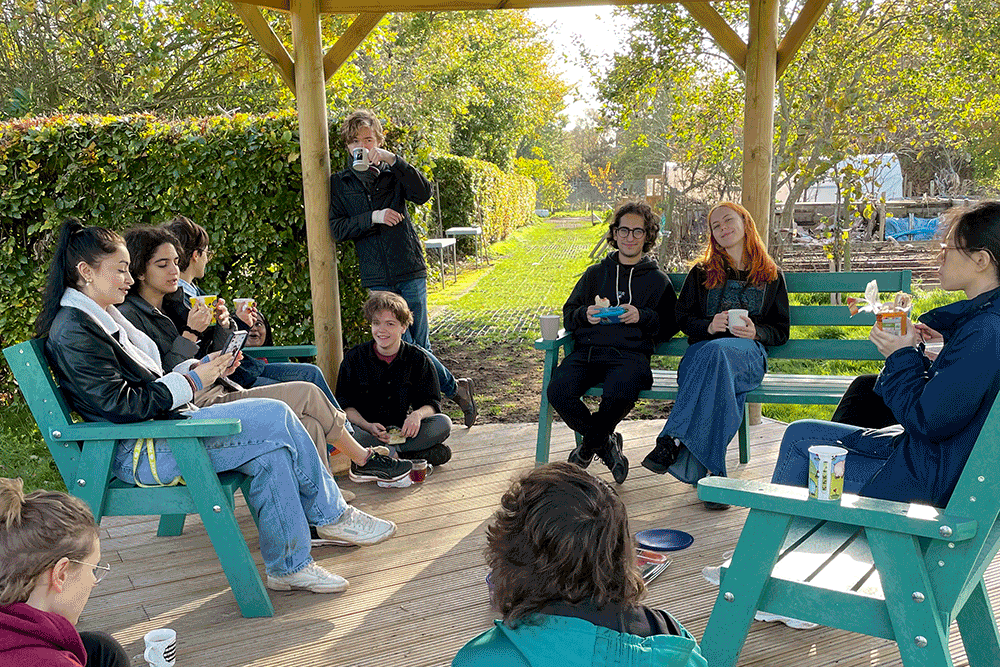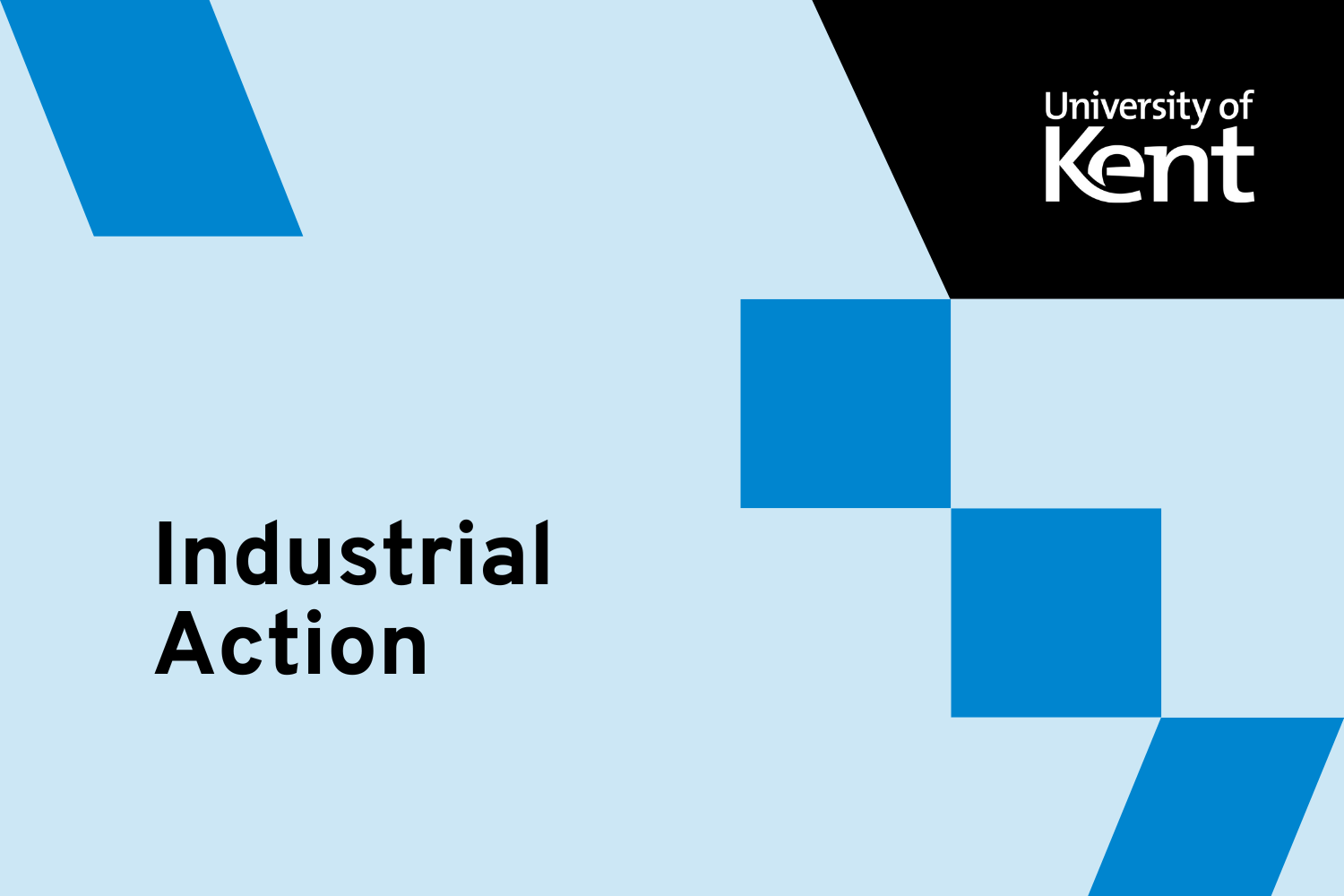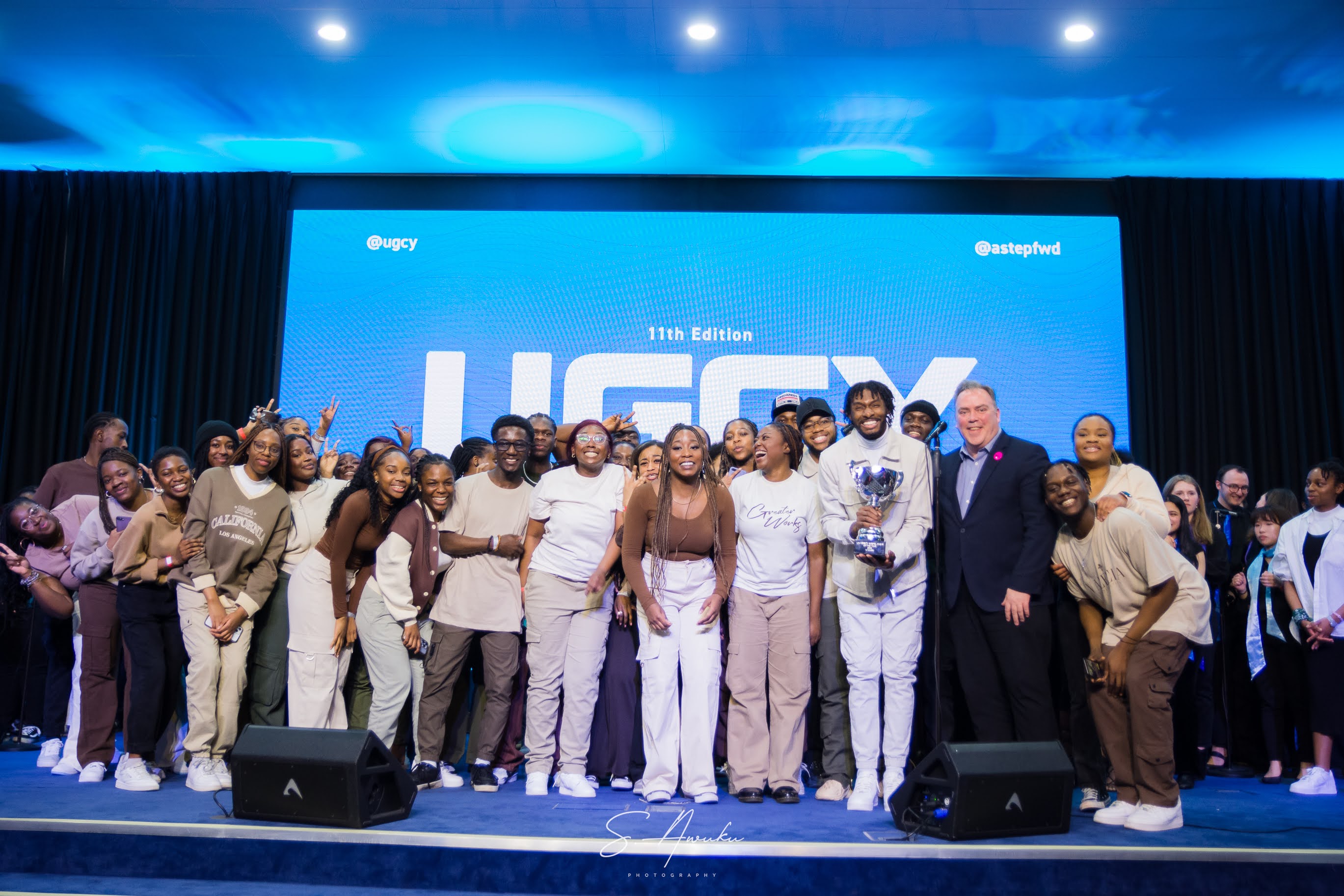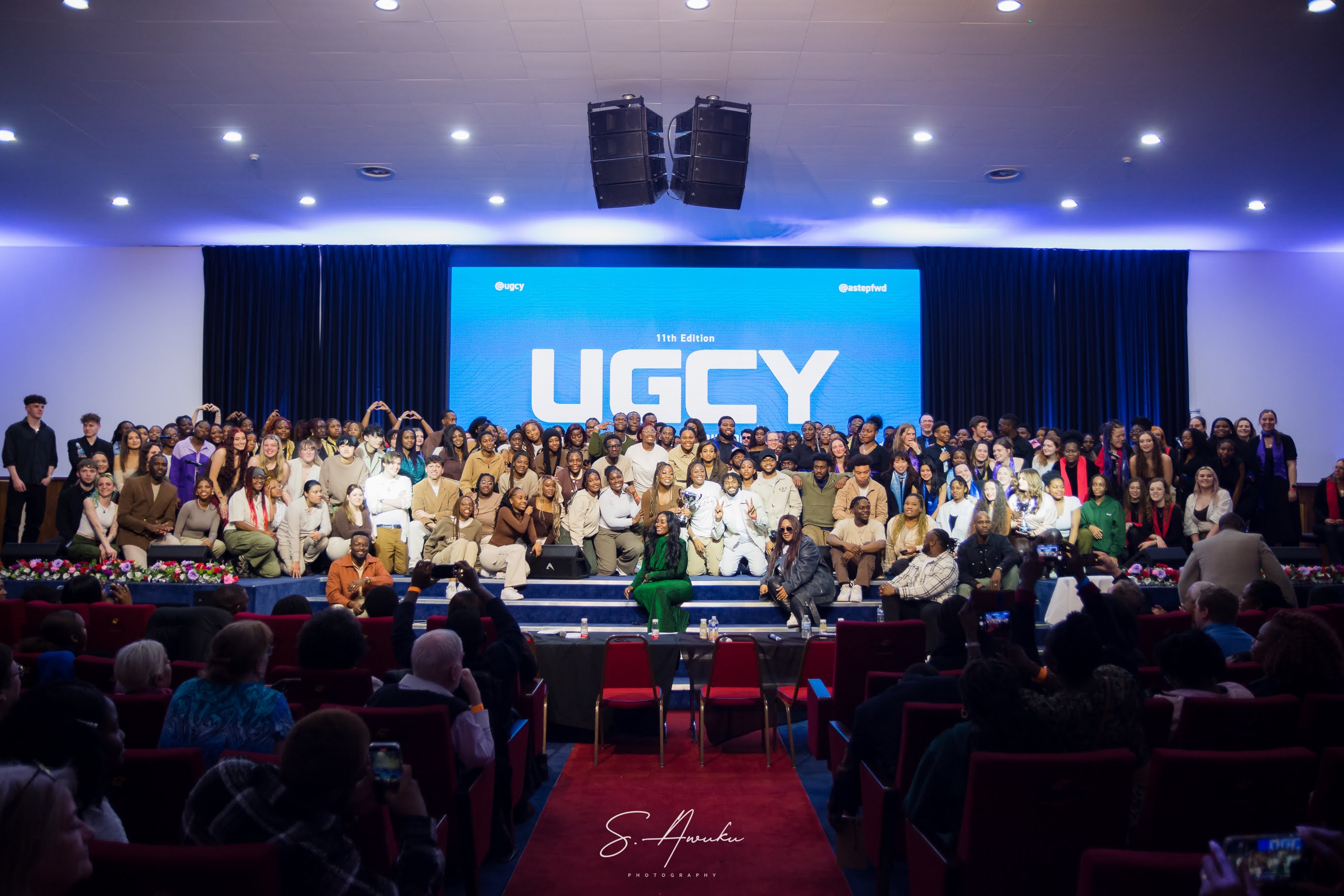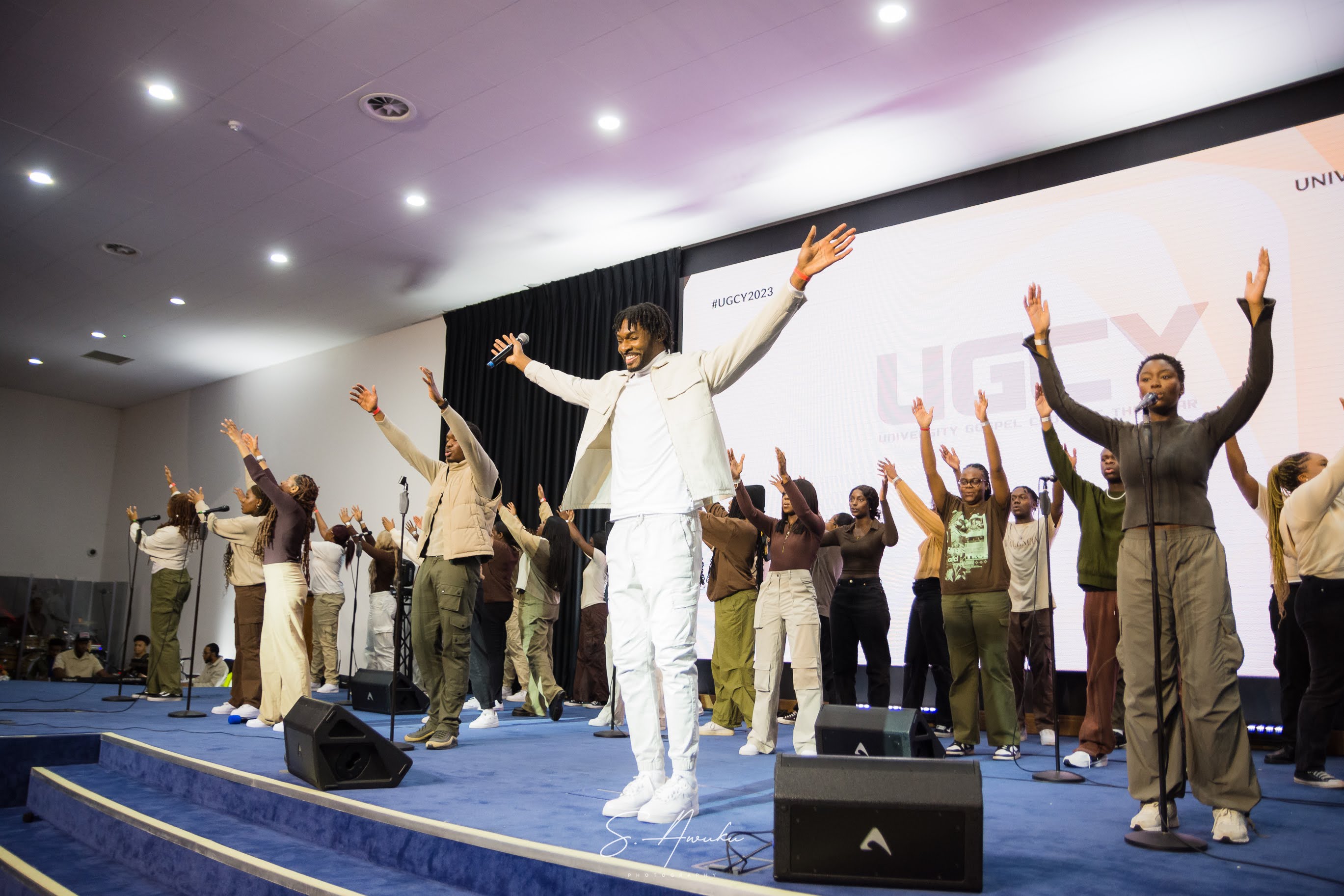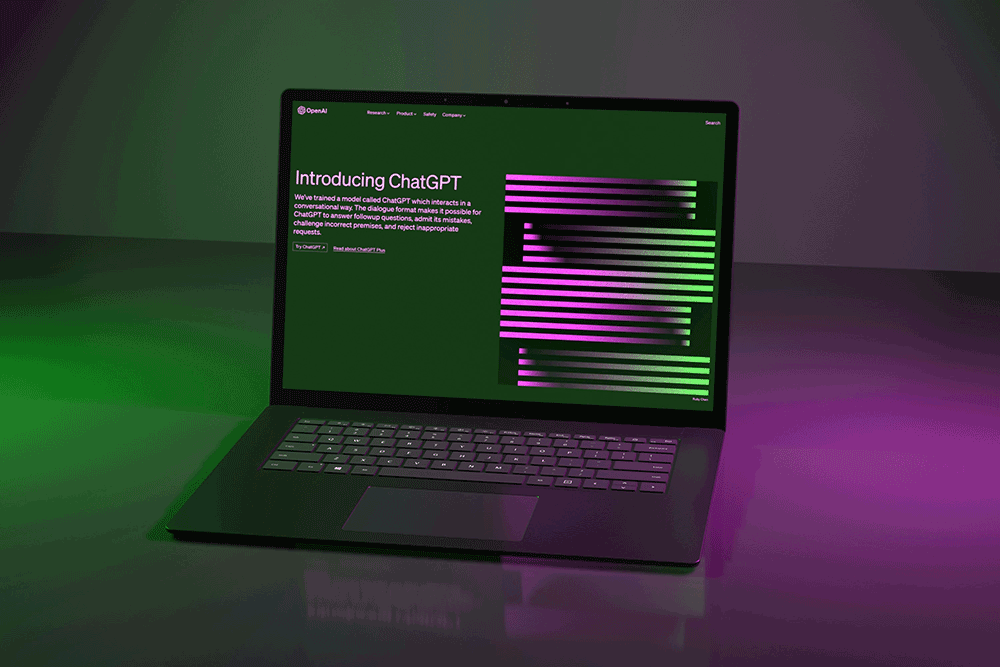My name is Caroline, I am a current PhD student and undertook both my undergraduate and master’s degrees at the University of Kent. Naturally, having to write three personal statements throughout my educational journey, I have picked up a thing or two therefore, it is my hope with this overview of what is expected in a personal statement as well as a simple 8 step guide, that it will be beneficial to those, like me, who struggled to find credible resources.
What is a postgraduate personal statement?
A postgraduate personal statement is a piece of writing submitted alongside your masters or PhD application. It is your first and only chance to show the University you are applying for who you are, your research and academic interests and in essence, demonstrate why you deserve to have a place on the course that University is offering.
What does a postgraduate statement look like?
Exactly like how your undergraduate one does. The only difference is that you will need to showcase how your undergraduate degree has equipped you with the essential skills to advance to the next level.
What sort of vocabulary should I use?
Do not use vocabulary that is not already included in your everyday speech. This is because you may use a word which you think is synonymous to another but, means something else entirely; whoever is reading your personal statement may think that you have had help/ you are trying too hard to impress them. There is, however, no harm in using a thesaurus to prevent using the same word repeatedly.
For example:
‘Demonstrate’ – determined, establish, exhibit, indicate prove, testify to, validate, etc.
‘Explain’ – advise, announce, confess, declare, disclose, express, inform, mention, instruct, etc.
‘Understand’ – figure out, interpret, know, find out, explain, discern, accept, learn, master, etc.
How long does a postgraduate personal statement need to be?
Postgraduate personal statements are usually around the same length as an undergraduate one. Like when you wrote your undergraduate personal statement however, different universities require a word limit to how much you can write. Make sure you know this before you begin writing as personal statements that are below or over the word limit may lessen your chances of either impressing the people reading it or in some cases, your personal statement may even be rejected.
Can I use the same personal statement I wrote when applying for my undergraduate course?
No. You can take inspiration from your undergraduate personal statement such as expanding on some of your original points however, it is more than likely your undergraduate personal statement will be flagged and easily recognisable, even if you are applying for a different university. You can, however, take inspiration from your undergraduate personal statement and develop some of the key highlights that you wish to carry froward into your postgraduate personal statement.
For example:
Undergraduate Personal Statement example
I began learning about complex equations in primary school where I then realised, I wanted to pursue a career in this field. It was also here that I enrolled in an extracurricular volunteer programme where I tutored students who struggled to understand the complex equations I loved, helping them tackle them and providing them with a helping hand. For me, areas of particular interest are those where mathematics can be carried into the real world, and does not remain simply on the page, and would like to pursue a career where I can take numbers to help advance the world of technology.
Postgraduate adaptation of original undergraduate statement example
Upon completion of my undergraduate degree in mathematics, I have remained passionate about perusing a career where mathematics can be used within the real world and help with the technological advancements of our time. I continue to love the challenge of tackling difficult equations and throughout the final year of my degree, I applied for a course which helped supplement my understanding and kickstart my ability to handle said equations faster and more efficiently.
As you can see from the underlined segments, your inspiration and goals can remain the same but, you need to highlight them in a manner which is building on from your previous statements and show that you have grown in this field, remain passionate as well as demonstrating that you wish to pursue a career in this field.
What are the 8 simple steps?
- Plan before you write. This will allow you to collate your thoughts before writing to ensure you mention all the things you want to/ ensure you have included a wide range of topics that allow the reader to get a sense of who you are as a person.
- Check your spelling and grammar. I know this sounds like an obvious one but, universities don’t only want to see your academic record, achievements and what you have to offer, but also if you are careful and precise when providing work. They will not care how clever you are if you have not taken the time to read over your work and ensure it has been submitted to the highest standard possible; it will make them think you are lazy or uncaring if you do not.
- Explain your reason for study. You will have to demonstrate why the course you are applying for is your first choice. This could be due to location, a lecturer who is working on something that interests you, the only one in the country that meets the things you need in the future, etc.
- Give as many examples of related academic work as possible. You could go into detail about a project you undertook, supervised, or participated in or you could mention how the work you will learn will advance your current work. This is important as you are also demonstrating your academic skills as well as selling your personality.
- Demonstrate that you are knowledgeable of the course you are applying for. Whoever is reading it will be impressed that you have researched not only the university but the course that you wish to be enrolled in. This shows you to be a detail orientated, enthusiastic and hardworking individual who wants the best for their future.
- Go into detail about why you deserve a place at the university. For me, it was about conquering the misconceptions that come with having learning disabilities, as many people perceive those who have them to be stupid, incapable of learning and in severe cases, not worthy of a place in a masters or PhD. You do not have to make it overly personal but showing that you are an individual who truly cares about their education and advancing to be the best they can be, will always impress others and make your personal statement stand out amongst the rest.
- Provide mini-conclusions after every major point. Not only will this help navigate around your personal statement, make it easier to read and digest and ensure you clarify each point, but it will also ensure that your writing remains focussed and on topic.
- Showcase your current skills and how enrolling onto this course will enhance them. Postgraduate education is all about enhancing your current skill set, adding new ones, and accomplishing things that are not possible at undergraduate level. It is important to note your excitement of growing into an individual fully versed within their chose field of topic, and how you are looking forward to being at the top of your game.
Blog post written by PhD student Caroline Harriman.

